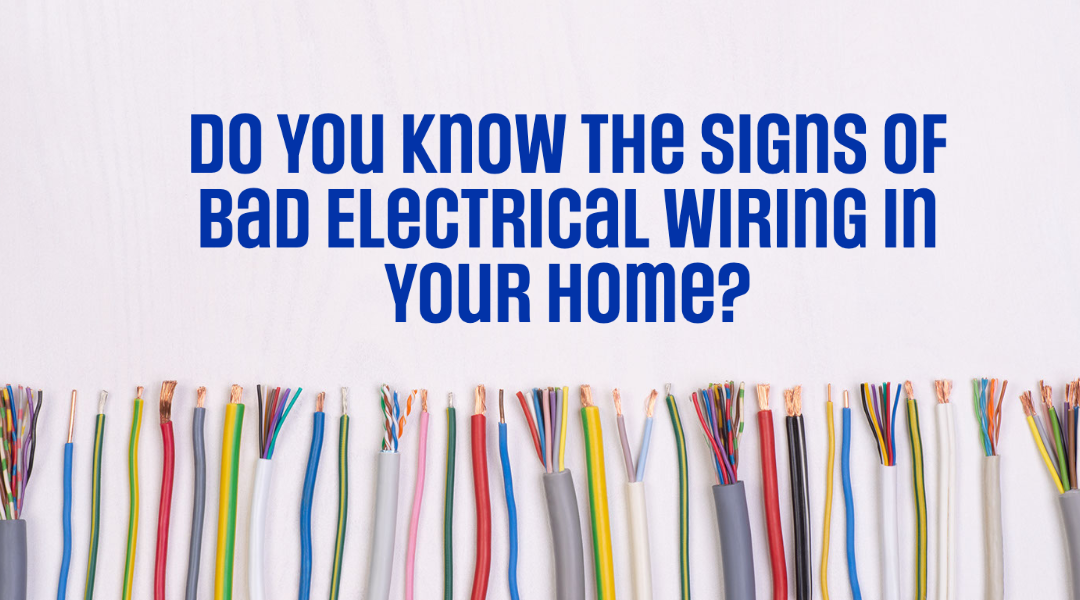To ensure your home is safe for you and your family, you must educate yourself about your house’s electrical system. Unfortunately, many homeowners have no clue what their electrical system is, how it all works, or what they should be doing to ensure their home and family stay safe year-round. Luckily, our knowledgeable electricians at Five Star Dayton Electrical help us understand the truth behind the following common electrical myths.
Will Shutting Off Electrical Devices Help Save Electricity?
Let’s say you and your family are going on a two-week vacation. You have made sure everything in your home has been shut off before leaving, from your television to your coffee machine. Unfortunately, when you return home from vacation, your electricity bill includes charges while you were away. How does that happen, even after ensuring everything in your home was shut down? As it turns out, when you shut off any electrical device like televisions, cable or streaming boxes, and computers, they will continue to consume energy even in their “shut-off state.” To ensure your electric bills stay low while you’re out or on vacation, unplug these electrical devices because, without the connection, they cannot use any energy.
Does Keeping Lights on Save More Energy than Turning them Off and Back On?
This is a common misconception centered around fluorescent tube lights because of the amount of energy they consume when turned on. However, when it comes to modern LED or CFL (Compact Fluorescent Light) bulbs, they take less energy to turn on initially and will be too small to affect your monthly energy bill. Therefore, using either of these light bulbs will save you more energy shutting them off than leaving them on.
Are Household Currents Strong Enough to Kill You?
Homeowners are most often led to believe that the current running through their home’s walls is not as dangerous because of the danger and liability on the average person. But unfortunately, that is not true; very high levels of voltage run through most households across the country. Across North America, average homeowners run anywhere from 110 to 120 volts, and high voltage connections anywhere from 220 to 240 volts through the walls of their homes! Fatal damages can occur if any of these connections are exposed for a prolonged amount of time.
Do Rubber Handles Make It Safe to Touch Live Wires To Metal Tools?
Another typical electrical myth homeowners are unaware of is that using tools with insulated rubber handles is okay to make contact with live wires. That, unfortunately, is not the case; in fact, this can be very dangerous. Whenever you work on any part of your electrical system, switch off the particular circuit to ensure safety and avoid injuries.
Knowing the difference between what you should and shouldn’t do when it comes to your home’s electrical system is essential for protecting your home and your family; you shouldn’t be taking any chances. So, whether you need an expert electrician to debunk a complex electrical myth or need electrical repairs, the crew at Five Star Dayton Electrical is here to help! Call us today at (844) 397-4664, or schedule an appointment online now by clicking here!



